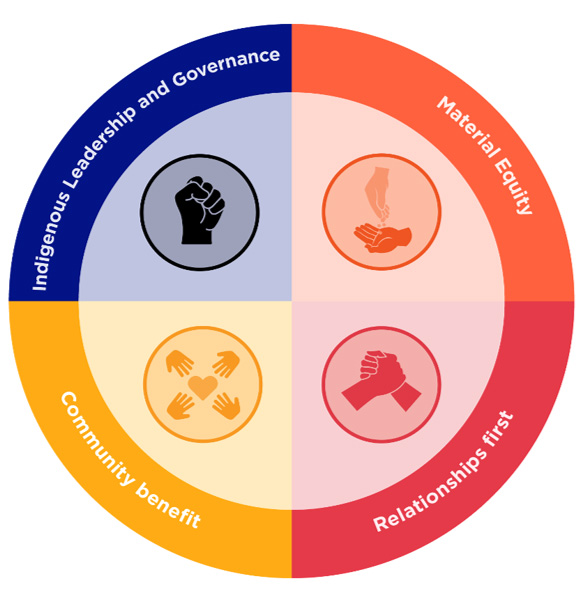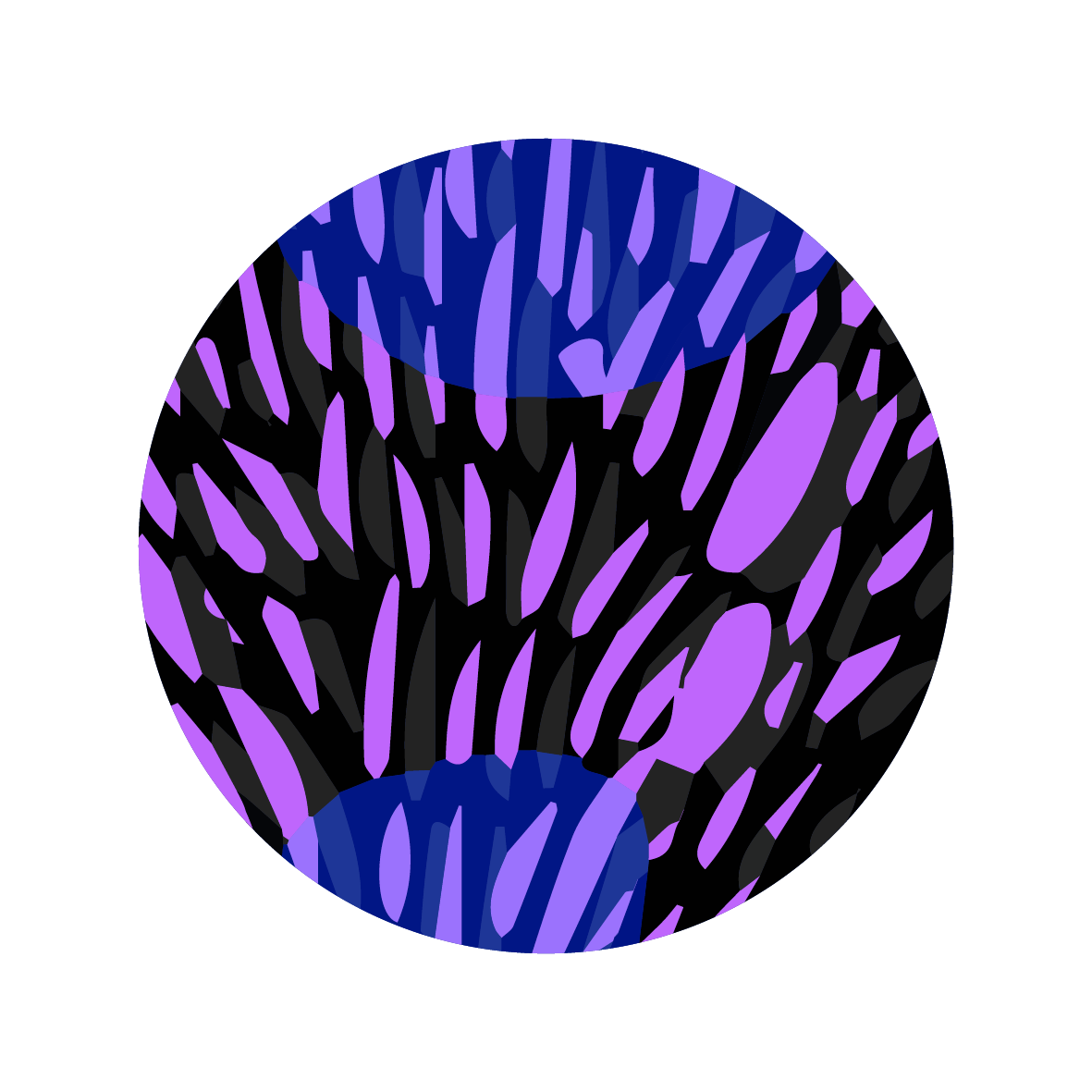CEVAW is building multidisciplinary, data-driven and Indigenous-centred research co-designed with partners. We are creating joined-up research, interconnected partnerships, regional networks, and translation pathways that will further the Centre’s vision to eliminate violence against women (VAW).
CEVAW is bringing an Indigenous-centred approach for the first time to research on VAW. Our research program goes beyond the principle of ‘doing no harm’ to proactively dismantle unequal historical structures. Envisioning a future where VAW does not exist, it will develop a substantive evidence base of socio-structural causes of VAW and deploy these understandings to drive changes in national and regional approaches to VAW.
The Centre will implement the Indigenous research principles of Indigenous leadership, relationships first, material equity and community benefit. These principles also align with research ethics that seek to address power and marginalisation, and to enable transformative and sustainable working relationships in the research process as research outcomes in themselves.

Our pillars
Causes / Costs
The Causes and Costs Pillar identifies norms and beliefs associated with violence against women (VAW); high risk groups and contexts; repertoires of VAW; and contexts where no or little VAW occurs and why.
Contexts
The Contexts Pillar will identify how changes in socialisation, institutional and community practices in specific contexts can reduce VAW. This pillar will examine the prevention of VAW in rural, remote, workplace and other community settings inclusive of online spaces, as well as in the context of exogenous shocks such as climate-induced natural disasters, health emergencies and conflict, with a focus on Indigenous and First Nations women, and LGBTQAI+ people.
Responses
The Responses Pillar will study the legal and frontline policy and practice responses to violence against women (VAW). It will scrutinise existing and proposed VAW responses and develop an evidence base needed to determine which responses increase victim-survivor safety and wellbeing and which responses ensure perpetrator accountability.
Indigenous
The Indigenous Pillar applies Indigenous scholarship to understand how dominant norms/beliefs and institutional structures in a society or community, including colonial, racialised and gender hierarchies, as well as hierarchies of sexuality can drive violence. Research in this pillar will systematically analyse these regimes of violence, how they change over time, and will investigate how they can be changed taking into account the dynamic social and environmental contexts that sustain them.
Together the four pillars will build:
- New evidence to shape the implementation of transformative VAW prevention programs co-designed with partners.
- A regional network of VAW first responders that uses data to understand risk and opportunity for elimination.
- The next generation of VAW researchers with multidisciplinary, Indigenous-informed methods and networks to learn from different contexts in the Indo-Pacific.
- Innovative models of perpetrator engagement and alternative justice that are widely shared enabling reductions in VAW.
Indigenous Research and Ethics Training Program
The Indigenous Research and Ethics Training Program (IR&ETP) is both a major innovation of CEVAW and a key deliverable.
It will ensure that Indigenous-centred approaches to research and ethics are consistently adopted across the Centre. The Program will ensure new generations of gender-based violence researchers in the Indo-Pacific region are trained in Indigenous-centred approaches that centre survivors’ voices and prioritise researcher wellbeing.
The IR&ETP program offers five activities aligned to the Centre’s core values. Click each icon to learn more.

Short Courses and Masterclasses

Bi-Monthly Reading Group

Graduate Research Student and Post-doctoral Internships

Reciprocal Mentoring Program

Micro-Credential
Knowledge Translation and Impact
At CEVAW, we are committed to making our research accessible and practical for all stakeholders. Key research findings will be communicated through an open-access digital Evidence Platform, which will house a range of resources, including publications, data visualisations, evidence briefings, and research reports.
Our Research Translation and Impact Program plays a crucial role in bridging the gap between research and practical application. This program features e-Learning materials and the CEVAW Vision Lecture Series, designed to support public sectors, private businesses, and communities. These resources help drive the adoption of effective practices, promote positive behaviour change, and foster collaboration towards the elimination of VAW.
Our Research
21 November 2024
Sexual Harassment in Higher Education Report: The Indo-Pacific
Our Sexual Education in Higher Education report explores how sexual harassment in higher education settings is understood, addressed and responded to in 28 Indo-Pacific countries.
